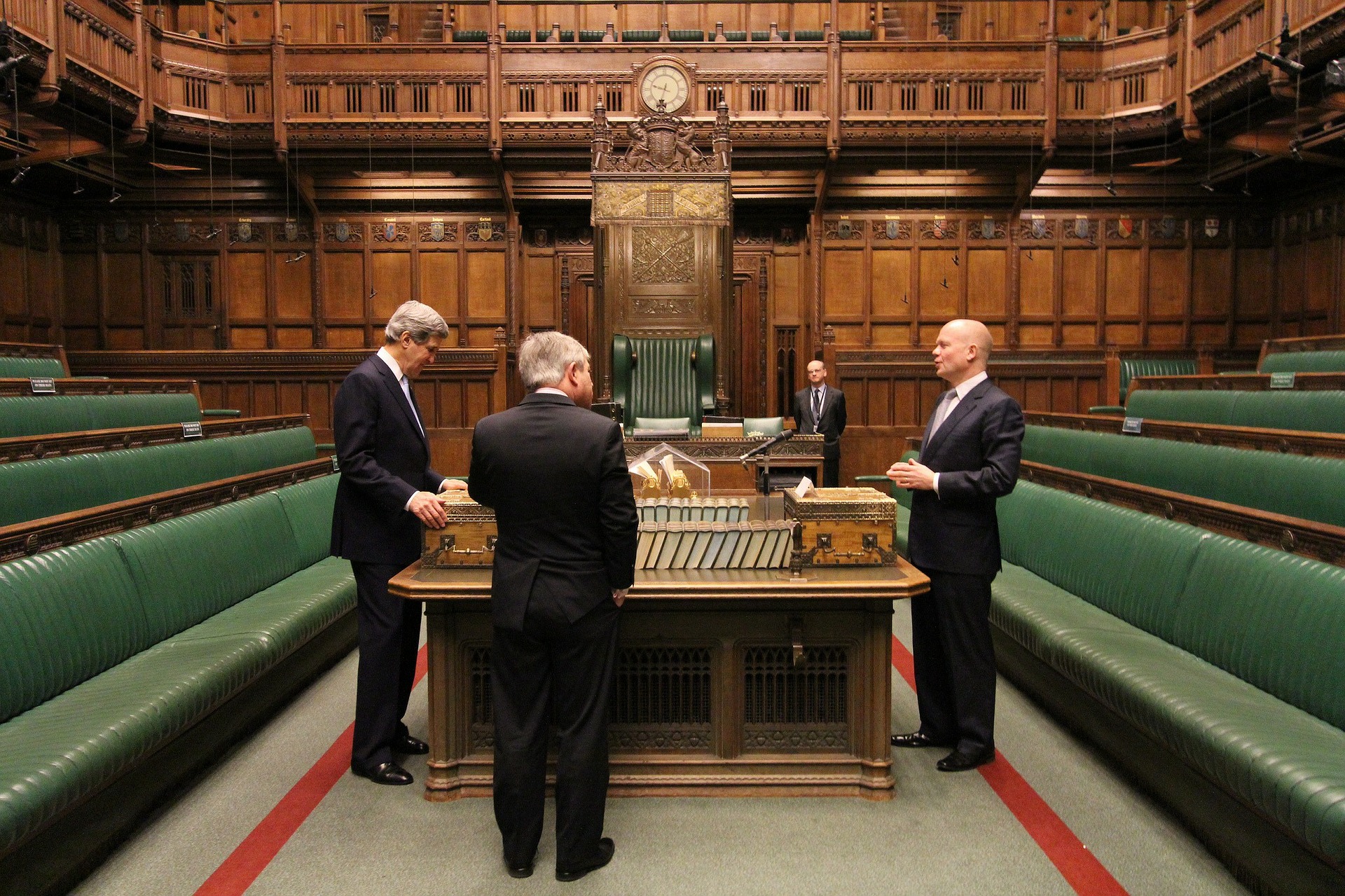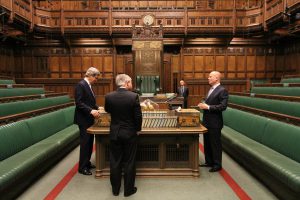THE BRITISH ECONOMIC TRAP – A SEEDS ANALYSIS
As others have noted, there’s been something almost surreal about the opening phases of the British general election campaign.
Premier Rishi Sunak, firing the starting-gun for the 4th July contest outside 10 Downing Street, had no umbrella to ward off a torrential downpour of rain. If the public suspects that your government is a sinking ship, the birthplace of Titanic might be a venue to avoid. If you’re going to ask brewery workers if they’re looking forward to this summer’s European football championship, it’s best if you figure out first that the brewery is in Wales, and Wales hasn’t qualified for the tournament.
These have just been early blunders on the road to what might well be a re-run, or worse, of the Conservatives’ nightmare defeat of 1997. The election announcement caught the party unprepared, with no manifesto written, and no candidates selected in a reported 150 constituencies.
The factors informing Mr Sunak’s decision appear to be economic, the theory being that ‘this is as good as it’s likely to get’. Headline inflation has fallen, but core inflation remains sticky. Expectations for rate reductions by the Bank of England are being dialled back and, as Britain moves into autumn, still more homeowners will have to re-mortgage at painfully higher costs as their fixed-term deals expire.
Read more: SurplusEnergyEconomics






